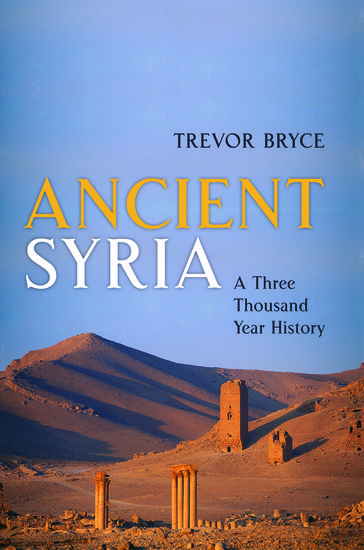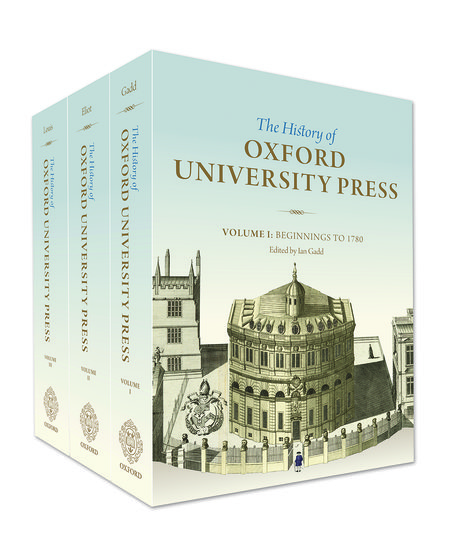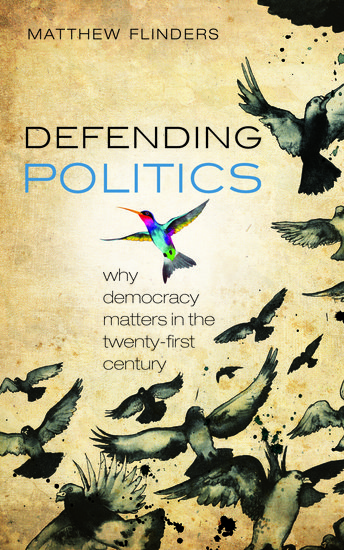Putting Syria in its place
By Klaus Dodds
Where exactly is Syria, and how is Syria represented as a place? The first part of the question might appear to be fairly straight forward. Syria is an independent state in Western Asia and borders Lebanon, Turkey, Jordan and Israel. It occupies an area of approximately 70, 000 square miles, which is similar in size to the state of North Dakota. Before the civil war (March 2011 onwards), the population was estimated to be around 23 million but millions of people have been displaced by the crisis.












